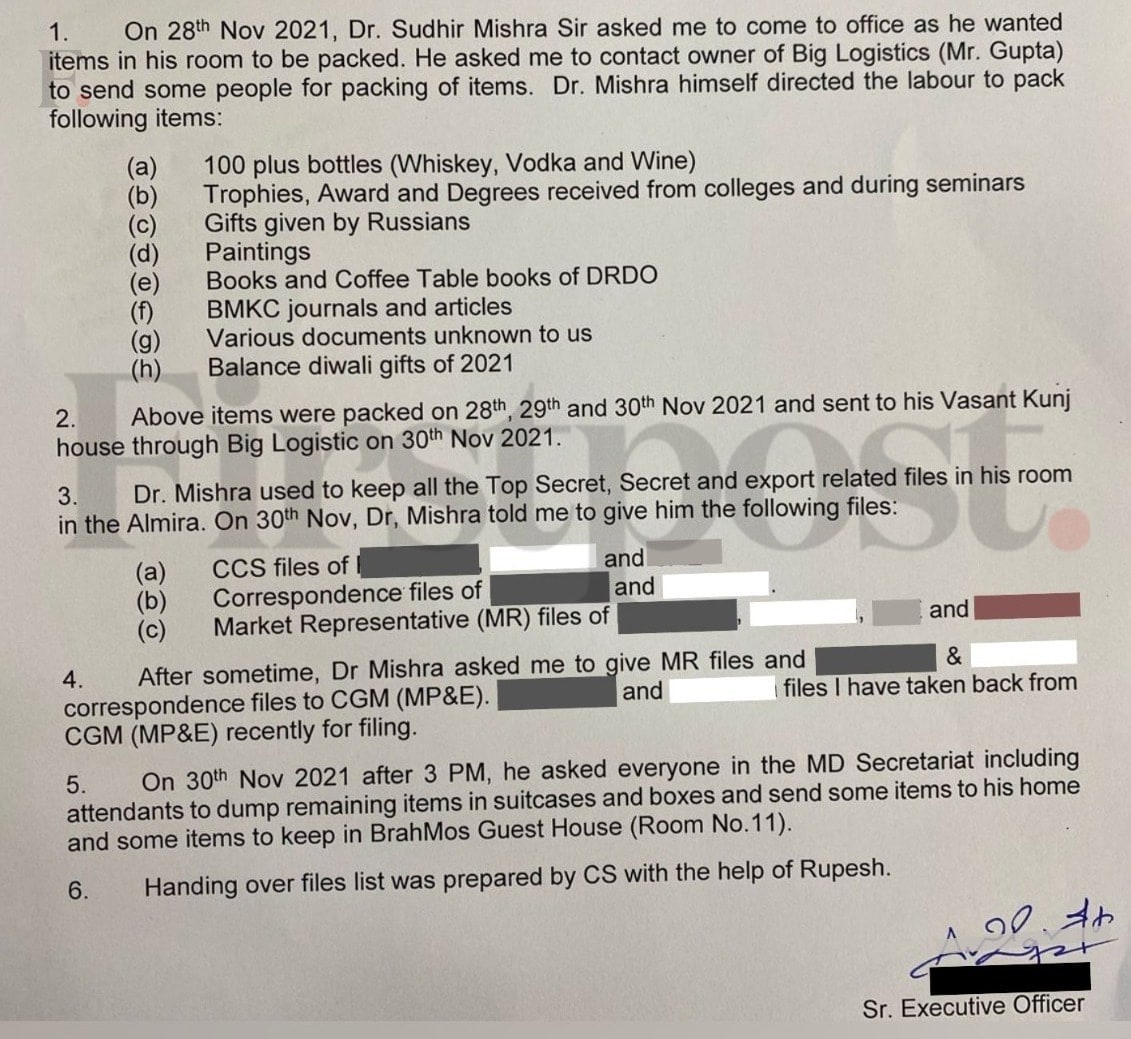A video surfaced on social media on Wednesday in which former Union minister and veteran Congress leader Mani Shankar Aiyar seemingly doubted the military aggression by China against India in 1962. Speaking at a book launch event in Delhi, Aiyar could be heard as saying, “In October 1962, the Chinese allegedly invaded India.”
His comment triggered a row with the Bharatiya Janata Party (BJP) targeting the Congress, which also disapproved of the remarks by the former parliamentarian. Aiyar, too, offered his “unreserved” for having “mistakenly” used the word “alleged” before “Chinese invasion”.
What happened in 1962
The Sino-Indian War of 1962 was a brief but intense conflict between China and India spread primarily over the western and eastern sectors of the borders along the Himalayas.
At the stroke of Independence in 1947, India and China were separated by a vast country, Tibet, which was led by a Buddhist order. The borders were defined as per the agreements that the British had signed with the powers of the time. The same reflected in the Indian Independence Act of 1947 that the UK Parliament passed.
After China captured Tibet in 1950 through a military action against a non-violent nation, it refused to acknowledge the borders with India in Arunachal Pradesh, then called the North-East Frontier Agency (NEFA), and in Ladakh, earlier part of the erstwhile state of Jammu and Kashmir.
The roots of the conflict lay in the communist regime’s negation of border definitions between India and China, particularly in the Aksai Chin region of Ladakh and Arunachal Pradesh. After India granted asylum to the Dalai Lama following the 1959 Tibetan uprising, tensions escalated, Chinese leadership of Mao Zedong used it as an excuse to launch a military action against India despite a non-aggression treaty under the Panchsheel agreement.
Mao was additionally motivated for the invasion to divert the Chinese nation’s attention from the starvation that a significant population was facing, leading to a serious challenge to the still-fledgling communist regime.
The war
On October 20, 1962, China launched a two-pronged attack:
Despite initial skirmishes and India’s efforts to fortify its positions, the Chinese forces quickly overpowered the Indian military, which was not adequately prepared for the high-altitude warfare.
Ceasefire and aftermath
The war lasted about a month, ending with a unilateral ceasefire declared by China on November 21, 1962. By then, China had captured significant territory in the Northeast but withdrew from the region, maintaining control over Aksai Chin. India suffered heavy casualties and the defeat had a profound impact on its national psyche and military reforms.
The war highlighted the need for better infrastructure and modernization of the Indian Army. It also led to a reevaluation of India’s foreign policy and alignment with other nations.
The conflict remains a sensitive issue, and the border dispute between India and China continues to be a point of contention.
Link to article –
Congress leader says China ‘allegedly’ invaded India. This is what actually happened in 1962
